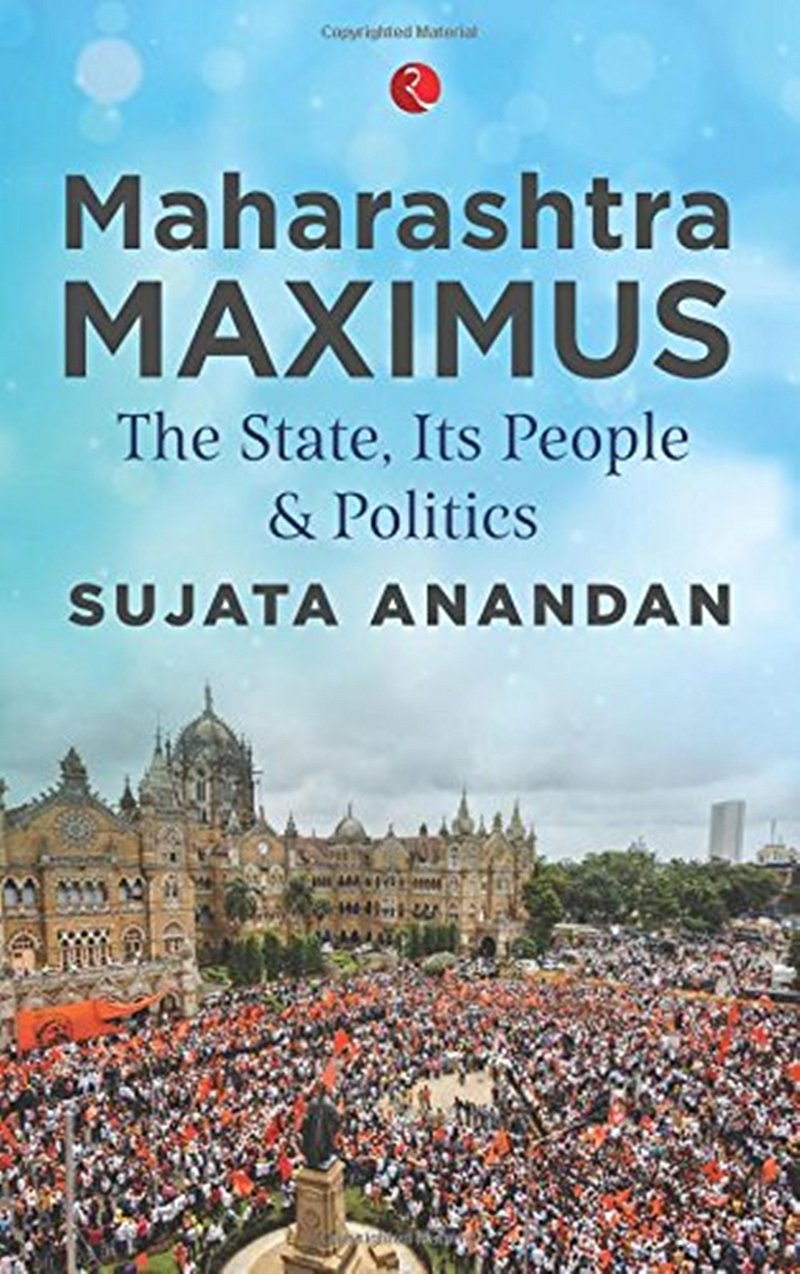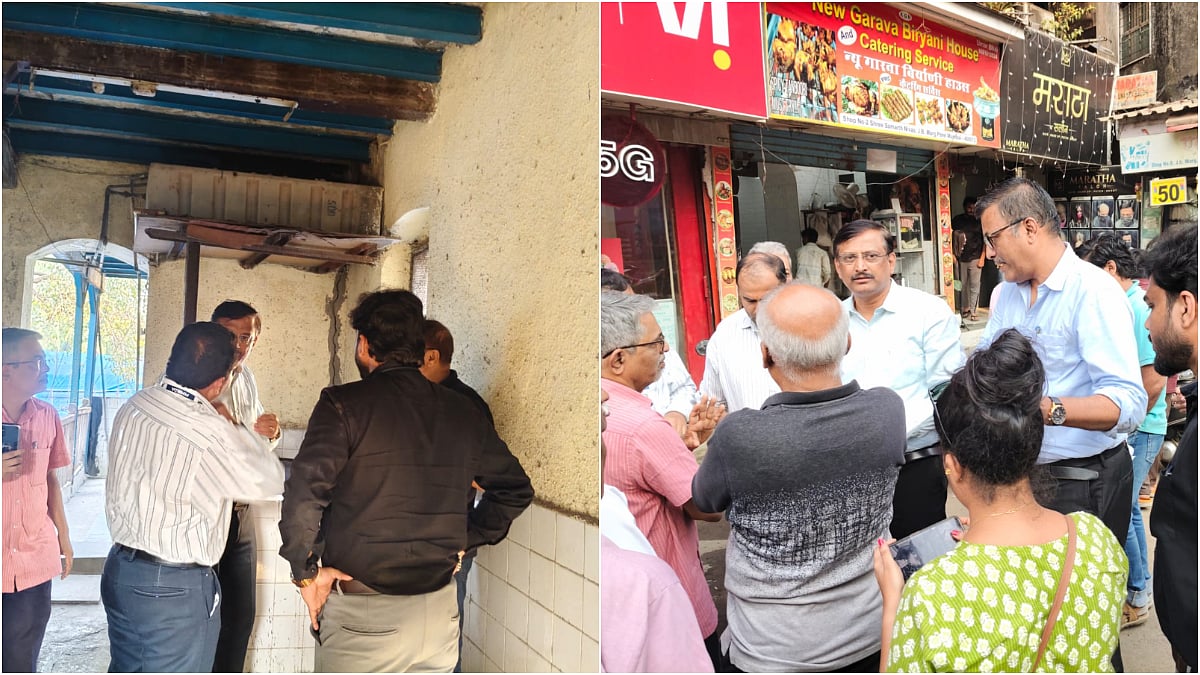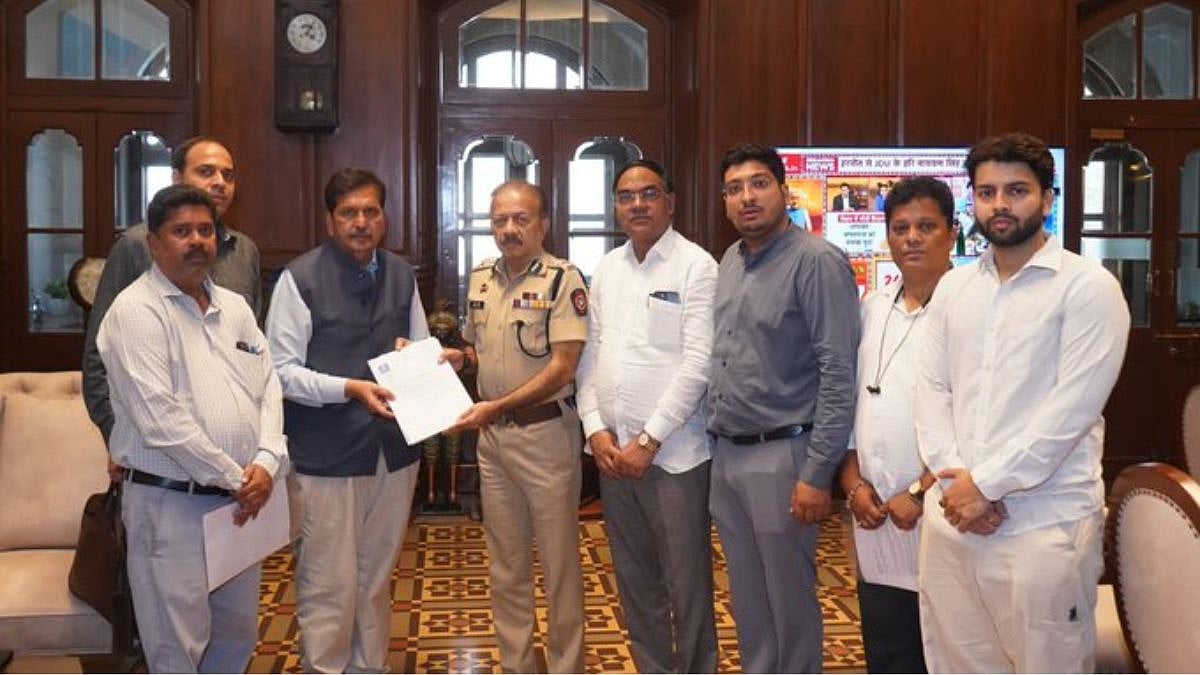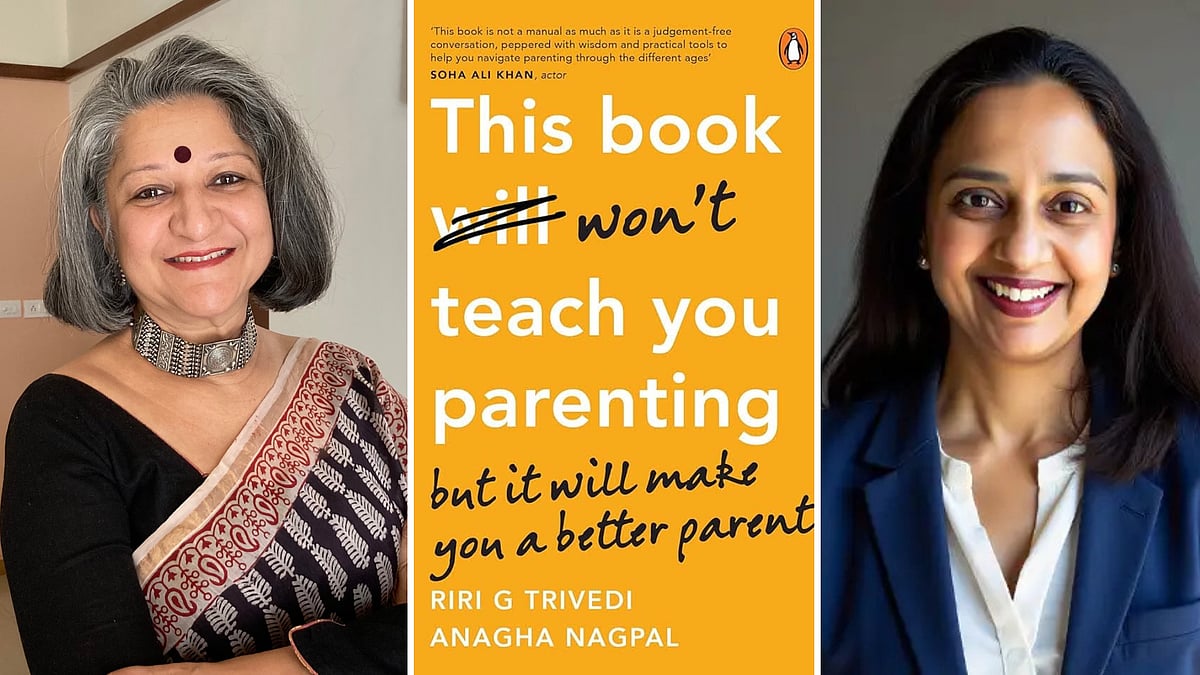Title: Maharashtra Maximus: The state, Its people & politics
Author: Sujata Anandan
Publisher: Rupa
Pages: 244
Price: Rs 395
Senior journalist Sujata Anandan is known for her deep understanding of Maharashtra politics and its people. She has covered Maharashtra politics from a close quarter for around three decade. Her latest book Maharashtra Maximus: The state, Its people & Politics is the result of her experience and understanding of state.
Sujata Anandan delves into history to unravel multiple layers that explain the complexity of Maharashtra politics and its impact on Indian state. Maharashtra has always been the gateway to India. The dawn of the movement of self-rule – or Swaraj – first saw a light in Maharashtra with Chhatrapati Shivaji Maharaj. Apart from that, Shivaji also propagated social integration and this essential philosophy led to many pioneering movements for the abolition of castes and for the social equality and justice. She writes, “Marathas gave to India the concept of Swaraj and federalism, and kept it largely Hindu.”
The author has used formulation of three to explain Maharashtra. She explains three regions (Marathwada, Vidarbha and Bombay state) were merged to make today’s Maharashtra; three major crops are sugarcane, cotton and onion. Three CMs who greatly influenced the course of the state are Yashwantrao Chavan, Vasantrao Naik and Sharad Pawar. They kept up the tripartite spirit of Phule-Shahu-Ambedkar philosophy that was the underpinning of their governance at all times. Mahar, Maratha and Brahmin community had an immense impact on Maharashtra’s politics.
Sujata Anandan writes about Maharashtra Dharma. It is important. In simple language, Maharashtra Dharma does not just mean Hindu dharma but also nationalism.
In today’s Maharashtra, everything is defined in terms of Shivaji from giant statues to militant organizations. But, true Shivaji Maharaj gets missing somewhere. Shivaji Maharaj was the first of the indigenous kings to realise the importance of naval power. Author rightly says, “One can today describe him as the father of the Indian navy. One of modern-day India’s naval training ships is named INS Angre after Kanhoji Angre, a formidable naval commander during the time of Shivaji who conquered many sea powers and seized many islands from both the Portuguese and the British on the Konkan coast. The Indian navy has also named its training ship in Lonavala as INS Shivaji, in tribute to India’s original naval power.”
Maharashtra is a developed state compared to other states of India. But, again within Maharashtra, there are backward or under-developed regions. The author specifically mentions Marathwada as such. She describes it as on the edge of a desert. Water is a major issue in the Marathwada. Not a single district including Aurangabad is fairly industrialized. Earlier attempts were made to develop industries in and around Aurangabad. But, it did not achieve expected results. According to Prof. Sudhir Gavhane, “The per capita income and human development index here are even lower than those of Bihar, and if you separate areas around Pune and Mumbai from Marathwada, the entire region comes under the most poverty-hit districts of the country.”
Any social-political book on Maharashtra cannot be complete without mentioning Shiv Sena. It is a force and one cannot ignore it. Shiv Sena is part of NDA and shares power with BJP in central as well as state government. But, at the same time they are playing role of opposition party. The party has strong base even after death of Bal Thackeray. The author correctly says, “The Shiv Sena’s stubborn and unequivocal position on a unified Maharashtra resulted in the resignation of the state’s advocate general Shreehari Aney who was rooting for the separation of not just Vidarbha but also Marathwada.” BJP is for the smaller states. BJP is in favour of statehood for Vidarbha but it cannot afford separation because that could result in its losing control of Maharashtra. Maharashtra will continue to remain more important than Vidarbha, even if separate state of Vidarbha becomes a reality.
BJP leadership has to acknowledge the influence of Shiv Sena when Amit Shah, party president, addressing a meeting on the party’s foundation day in Mumbai said, “It is our ardent desire to contest the 2019 elections with the Shiv Sena.” It is an acknowledgement that the Marathi sentiment still continues to be with Shiv Sena in a big way.
The reality is Maharashtra is passing through a dark phase like any other state. Author rightly says, “It is not confined to Maharashtra alone. There is a general disconnect between the masses and the leaders across India.” These disconnect between the people and political leaders are not a good sign for the democracy.









